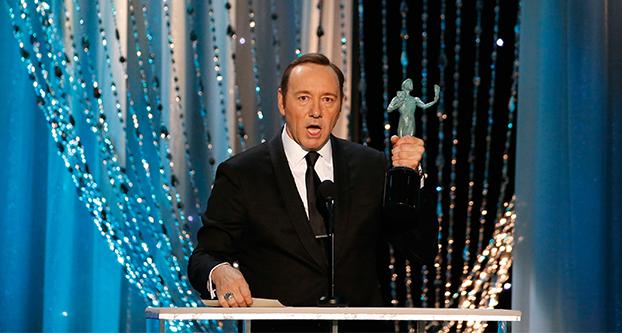In the midst of dozens of women coming out against Harvey Weinstein with allegations of sexual assault or harassment, the hashtag #MeToo has prompted many more survivors of sexual assault to come out with their stories.
One of those survivors is actor Anthony Rapp, who told his own story of assault. At the center of it was a 14-year-old Rapp and a well-decorated actor and award winner — Kevin Spacey.
A day after Rapp came forward with his experience of sexual assault, Spacey responded with a statement of his own, shared on his personal Twitter account. Spacey said that he did not remember the encounter because it happened more than 30 years ago.
Not only did Spacey make this statement as a way out from the allegations of assault, he then deflected them by turning the statement into a coming out story. He said, “. . . I choose to live now as a gay man. I want to deal with this honestly and openly and that starts with examining my own behavior.”
Spacey flipped the accusations and turned it into an opportunity to come out of the closet. In any other circumstance, this is a scenario that would be celebrated by the LGBTQ community.
However, by using coming out as a means to deflect allegations of sexual assault, Spacey pushes back everything the LGBT+ community has done to shake preconceived notions that homosexuals are nothing more than pedophiles.
By associating preying on a minor with coming out of the closet, Spacey has compromised the entire LGBT+ community all in an effort to save his own reputation.
What Spacey has done cannot be excused or swept under the rug. The fate of the Netflix show he stars in, “House of Cards,” hangs in the balances while production has been halted.
Coming out of the closet is an act associated with immense bravery and pride. It should never be considered as a “way out” of a situation.




